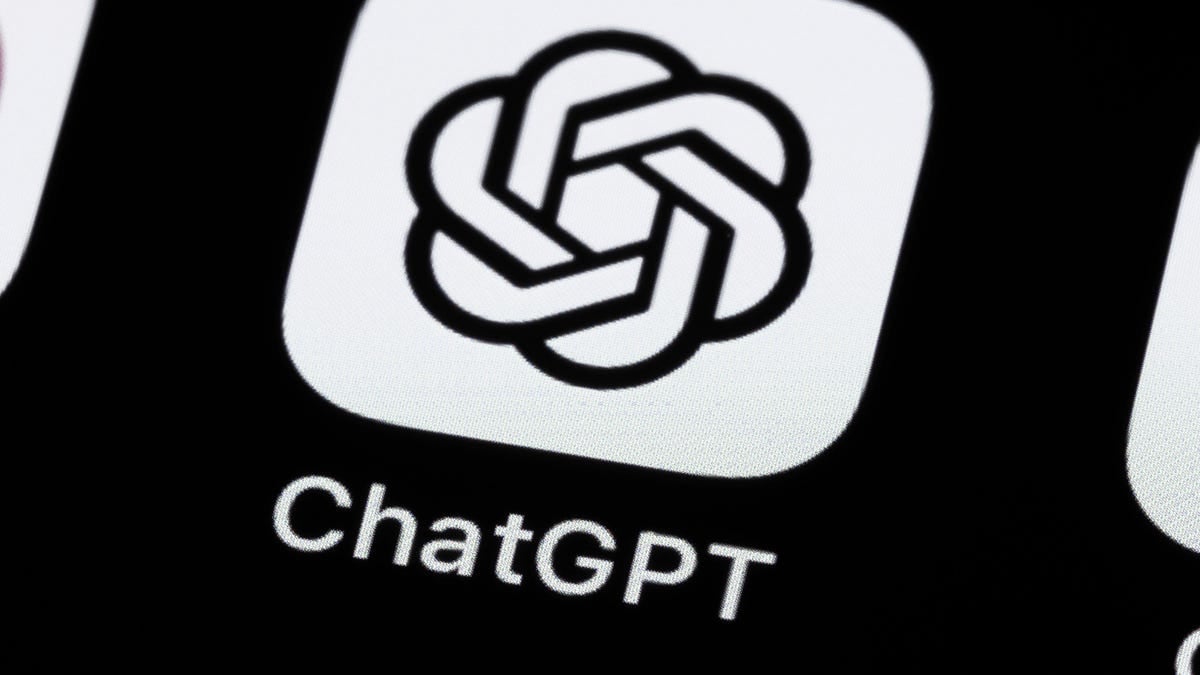- cross-posted to:
- fuck_ai@lemmy.world
- cross-posted to:
- fuck_ai@lemmy.world
The research from Purdue University, first spotted by news outlet Futurism, was presented earlier this month at the Computer-Human Interaction Conference in Hawaii and looked at 517 programming questions on Stack Overflow that were then fed to ChatGPT.
“Our analysis shows that 52% of ChatGPT answers contain incorrect information and 77% are verbose,” the new study explained. “Nonetheless, our user study participants still preferred ChatGPT answers 35% of the time due to their comprehensiveness and well-articulated language style.”
Disturbingly, programmers in the study didn’t always catch the mistakes being produced by the AI chatbot.
“However, they also overlooked the misinformation in the ChatGPT answers 39% of the time,” according to the study. “This implies the need to counter misinformation in ChatGPT answers to programming questions and raise awareness of the risks associated with seemingly correct answers.”



This has been my experience as well. If you already know what you are doing, LLMs can be a great tool. If you are inexperienced, you cannot assess the quality nor the accuracy of the answers, and are using the LLM to replace your own learning.
I like to draw the parallel to people that have learnt to paint only using digital tools. They often show a particular colouring that shows a lack of understanding of colour theory. Because pipette tools mean that you never have to mix colours, you never have to learn to do so. Painting with physical paint isn’t superior, but it presents a hurdle (mixing paint) that is crucial to learn to overcome. Many digital-only artists will still have learnt on traditional media. Once you have the knowledge, the pipette and colour pickers are just a tool, no longer inhibiting anything.